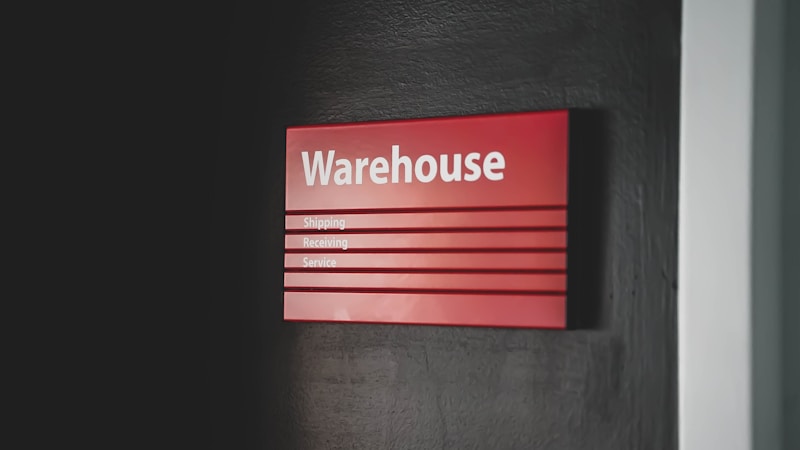Podcast
Questions and Answers
What is economics?
What is economics?
A social science that studies how people, acting individually and in groups, decide to use scarce resources to satisfy their wants.
What are markets?
What are markets?
Markets allow businesses and individuals who own their resources to exchange them voluntarily.
What is voluntary exchange?
What is voluntary exchange?
Producers and consumers come together and make transactions; both parties are benefiting.
What are resources?
What are resources?
Signup and view all the answers
What are the four factors of production?
What are the four factors of production?
Signup and view all the answers
What are natural resources?
What are natural resources?
Signup and view all the answers
What are human resources?
What are human resources?
Signup and view all the answers
What are capital resources?
What are capital resources?
Signup and view all the answers
What is entrepreneurship?
What is entrepreneurship?
Signup and view all the answers
What is scarcity?
What is scarcity?
Signup and view all the answers
What is opportunity cost?
What is opportunity cost?
Signup and view all the answers
What are trade-offs?
What are trade-offs?
Signup and view all the answers
What are the three basic economic choices?
What are the three basic economic choices?
Signup and view all the answers
Why study economics?
Why study economics?
Signup and view all the answers
What is the economic way of thinking?
What is the economic way of thinking?
Signup and view all the answers
What is an economy?
What is an economy?
Signup and view all the answers
What is a good?
What is a good?
Signup and view all the answers
What is a service?
What is a service?
Signup and view all the answers
What is a market?
What is a market?
Signup and view all the answers
What is free enterprise?
What is free enterprise?
Signup and view all the answers
What is an entrepreneur?
What is an entrepreneur?
Signup and view all the answers
The unemployment rate is a subject of microeconomics.
The unemployment rate is a subject of microeconomics.
Signup and view all the answers
Which of the following illustrates a market?
Which of the following illustrates a market?
Signup and view all the answers
What is marginal cost?
What is marginal cost?
Signup and view all the answers
What is a detailed knowledge about production and distribution of products?
What is a detailed knowledge about production and distribution of products?
Signup and view all the answers
Study Notes
Key Concepts in Economics
- Economics is a social science examining how individuals and groups allocate scarce resources to fulfill their wants.
- Markets facilitate voluntary exchanges of resources between businesses and individuals, allowing them to make beneficial transactions.
Factors of Production
- Four primary factors include:
- Natural Resources (land): Elements like minerals and water that aren't human-made.
- Human Resources (labor): The physical efforts of people utilized in creating goods.
- Capital Resources (capital): Tools, buildings, and machines employed in the production process.
- Entrepreneurship: The innovative and managerial skills necessary for starting and running a business.
Scarcity and Choice
- Scarcity arises from the limitation of resources against unlimited desires, forcing societies to make smart choices.
- Opportunity cost refers to the best alternative given up when a decision is made, highlighting the trade-offs involved in choices.
- Trade-offs occur when consumers decide to give up one option to gain more of another, balancing marginal costs against marginal benefits.
Economic Decision-Making
- The economic way of thinking emphasizes the impact of scarcity on choices, the numerous alternatives available, and the pursuit of incentives.
- Basic economic choices revolve around:
- What to produce based on demand.
- How to produce using various methods and technologies.
- Who receives the goods and services depending on consumer buying power.
Importance of Studying Economics
- Understanding economics improves decision-making skills and prepares individuals for responsible citizenship in financial matters, such as voting and budgeting.
- A significant number of individuals face financial challenges, indicating a need for economic literacy:
- Over 30% of high school students use credit cards; over 80% of undergraduates have at least one.
- In 2005, 2+ million people declared personal bankruptcy, with many living paycheck to paycheck.
Market Dynamics
- A market is an arrangement facilitating exchanges between people, characterized by detailed production and distribution knowledge spread among various participants.
- Free enterprise is synonymous with a market economy, promoting individual and business exchanges.
Additional Concepts
- Goods are tangible items of value, while services are intangible.
- Incentives serve to motivate specific behaviors, indicative of the expected outcomes of economic actions.
- Marginal considerations involve assessing the additional impact of a decision or resource allocation.
- Unemployment rates fall under the study of macroeconomics, reflecting broader economic health.
Summary of Economic Terms
- Scarcity is relative and fluctuates with changes in resource availability or consumer wants.
- Opportunity cost represents the highest-valued alternative forgone in decision-making.
- A trade-off is the choice that is sacrificed between two options.
- In marketplace scenarios, both parties believe they gain value from the exchange.
Studying That Suits You
Use AI to generate personalized quizzes and flashcards to suit your learning preferences.
Description
Explore the fundamental concepts of economics in this quiz based on Chapter 1. Learn key terms such as economics, markets, and voluntary exchange. Perfect for students looking to solidify their understanding of economic principles.




